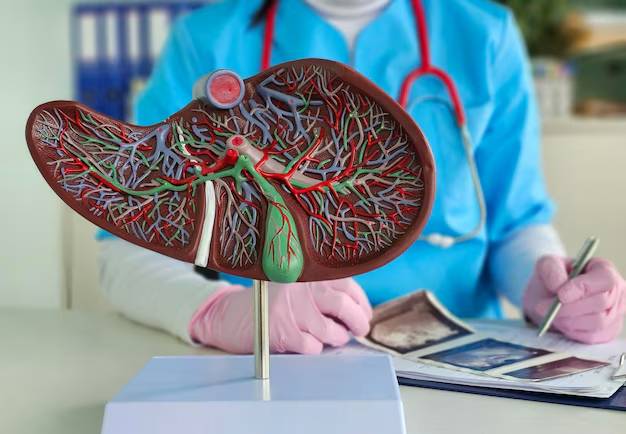Your Guide to How Does Hypertension Affect The Kidneys
What You Get:
Free Guide
Free, helpful information about HyperTension FAQ and related How Does Hypertension Affect The Kidneys topics.
Helpful Information
Get clear and easy-to-understand details about How Does Hypertension Affect The Kidneys topics and resources.
Personalized Offers
Answer a few optional questions to receive offers or information related to HyperTension FAQ. The survey is optional and not required to access your free guide.
How Hypertension Impacts Your Kidneys
Hypertension, commonly known as high blood pressure, is more than just a cardiovascular concern—it significantly affects the kidneys. This vital connection between blood pressure and kidney health is crucial because understanding it can empower you to take preventive measures and explore appropriate support resources. But how exactly does hypertension interfere with kidney function?
Understanding the Damage
When blood pressure is elevated, it increases the force of blood against the walls of the arteries. This pressure can damage small blood vessels in the kidneys—called glomeruli—that filter waste and excess fluids from your blood. Over time, this damage reduces the kidneys' filtering capacity, possibly leading to chronic kidney disease (CKD) or even kidney failure.
Moreover, kidneys help regulate blood pressure by managing fluid levels and producing a hormone called renin. When kidneys are damaged, they might struggle to balance blood pressure effectively, creating a vicious cycle. This can deteriorate your health further if not managed with the proper medical and lifestyle interventions.
Preventive Measures and Management
To safeguard your kidney health amidst hypertension, here are some practical steps:
- Adopt a heart-healthy diet: Focus on low-sodium, high-potassium, and balanced meals.
- Regular Exercise: Engage in physical activity to maintain a healthy weight and reduce stress.
- Monitor Blood Pressure: Keep track of your readings and consult healthcare experts if levels are consistently high.
- Medication Compliance: If prescribed antihypertensives, take them as directed by your doctor.
Exploring Financial Assistance for Medical Care
Managing hypertension and potential kidney complications can be expensive. Thankfully, various financial assistance options exist to make healthcare more accessible:
Government Programs
- Medicaid: Offers coverage for eligible low-income adults, children, the elderly, and people with disabilities.
- Medicare: Provides coverage for individuals over 65 and those with certain disabilities or conditions like end-stage renal disease.
Financial Assistance & Support
- Patient Assistance Programs: Many pharmaceutical companies provide free or low-cost prescription medications.
- Nonprofits and Charities: Organizations like the American Kidney Fund offer grants to help pay for treatment-related expenses.
Educational Resources for Management
Staying informed is key to managing your health. Consider these educational opportunities:
- Local Seminars and Workshops: Join local community events focusing on hypertension and kidney health.
- Online Courses: Platforms like Coursera and Khan Academy offer courses on human health and chronic disease management.
By proactively managing high blood pressure and seeking out helpful resources, you can mitigate its impact on the kidneys. Consider exploring the following financial assistance programs to alleviate the potential economic burden of managing these health challenges:
- 💰 Government Programs: Medicaid, Medicare
- 💊 Patient Assistance Programs: Low-cost medication from pharma companies
- 🤝 Nonprofits/Charities: American Kidney Fund, NeedyMeds Assistance
- 🎓 Education Resources: Free online courses on health management
Making informed choices and utilizing available resources empowers you to manage both your blood pressure and kidney health effectively while minimizing financial burdens.
What You Get:
Free HyperTension FAQ Guide
Free, helpful information about How Does Hypertension Affect The Kidneys and related resources.

Helpful Information
Get clear, easy-to-understand details about How Does Hypertension Affect The Kidneys topics.

Optional Personalized Offers
Answer a few optional questions to see offers or information related to HyperTension FAQ. Participation is not required to get your free guide.


Discover More
- a 66 Year Old Female With a History Of Hypertension
- Are Eggs Bad For Hypertension
- Are Eggs Good For Hypertension
- Are Endocrine Disorders Causing Hypertension Rare
- Can Adderall Cause Hypertension
- Can Alcohol Cause Hypertension
- Can Allergies Cause Hypertension
- Can Anemci People Get Hypertension
- Can Anemia Cause Hypertension
- Can Antibiotics Cause Hypertension
